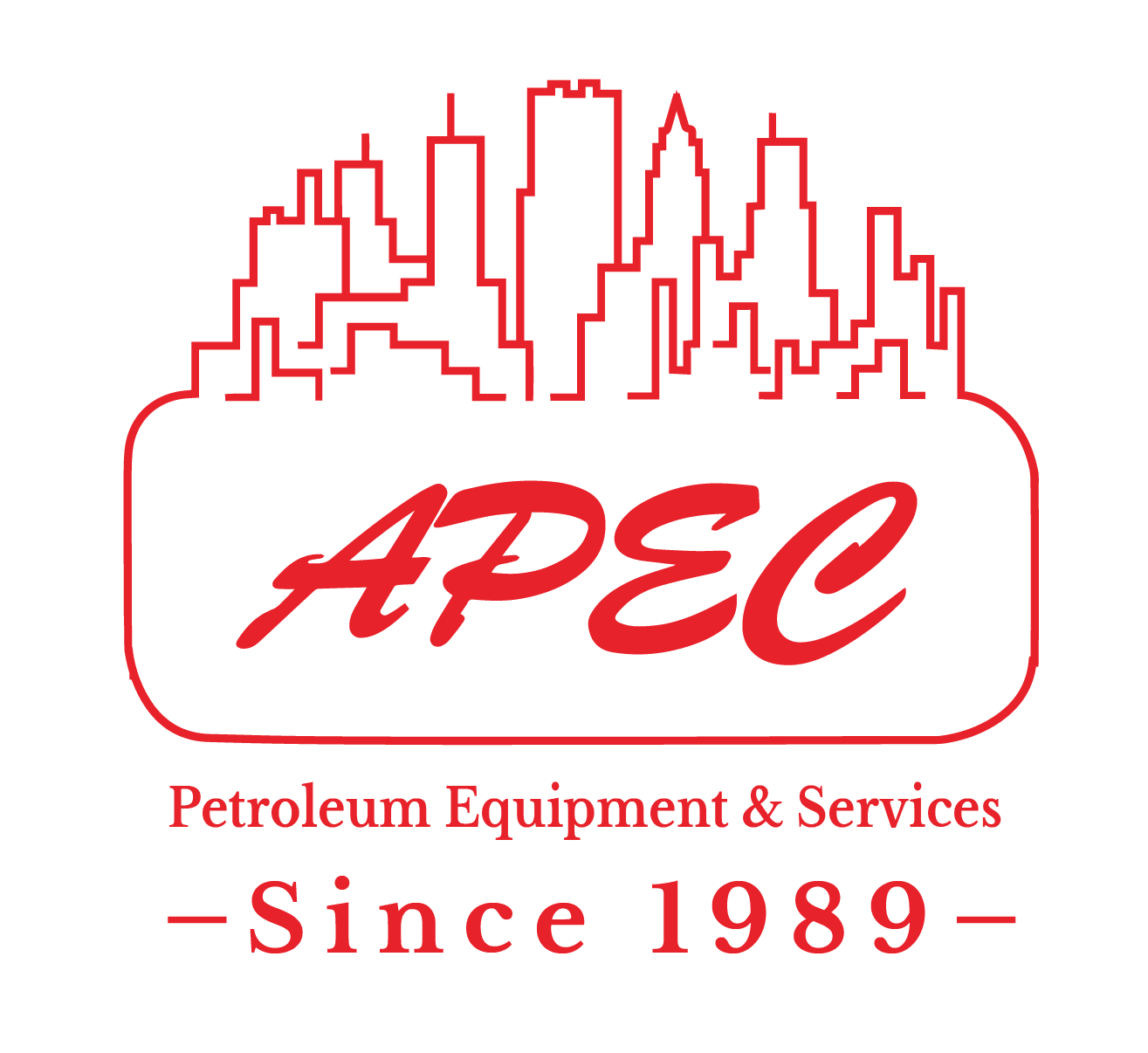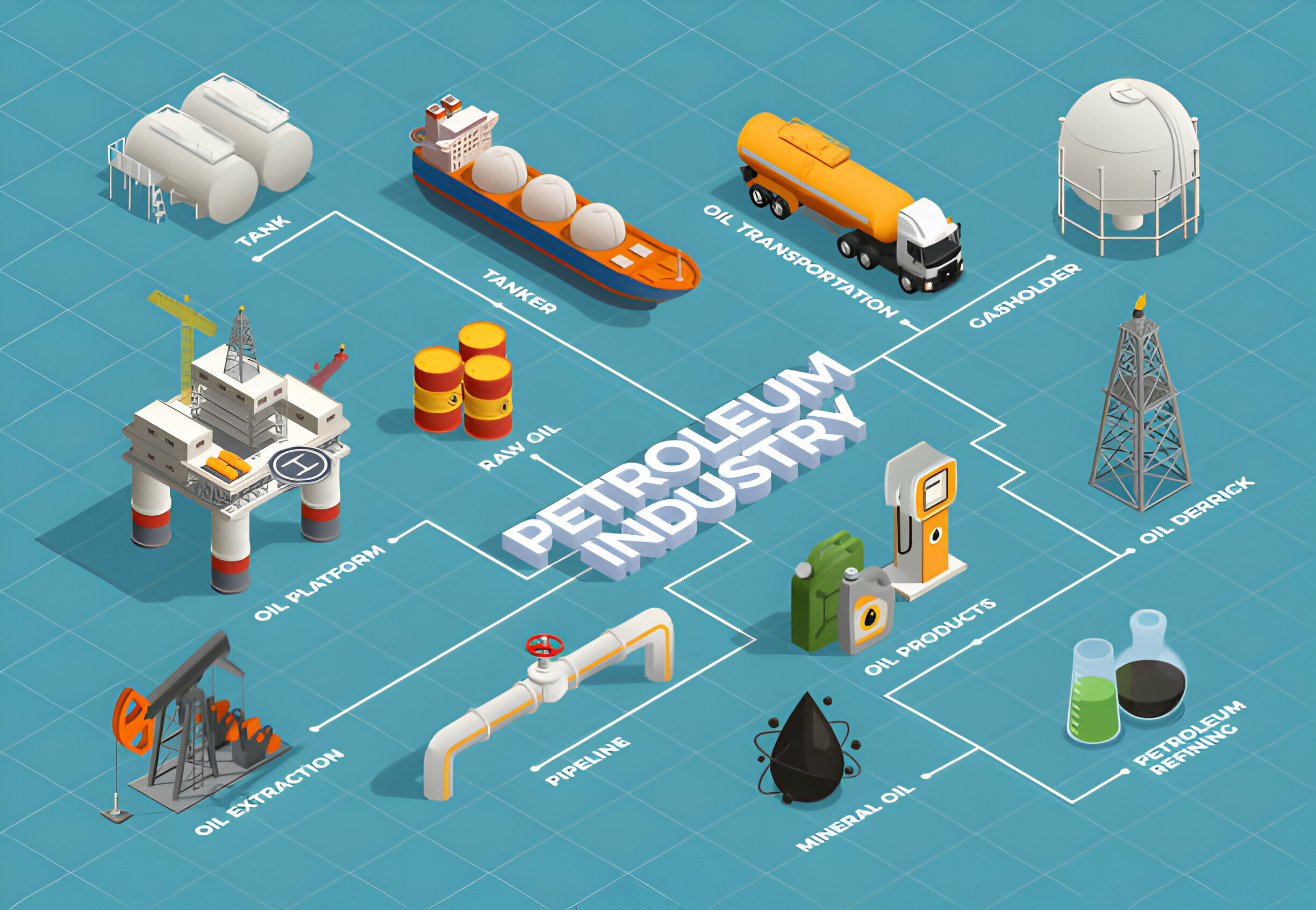Petroleum Related Products
Petroleum-related products derived from crude oil play a vital role in our daily lives. With petroleum products, we power our transportation, heat buildings, and power industrial operations and use them to create materials for various goods.
In this article, we will explore the amazement of petroleum products.
APEC A Petroleum Equipment Company – Your Top Choice One-Stop Shop
Types Of Petroleum Products
Once crude oil is extracted from the ground, it undergoes a refinery process where different components of crude oil are separated into useful petroleum products. Here are the different types of petroleum industry products:

Fuels
Fuel is the most common type of petroleum product. It includes gasoline, diesel and jet fuel. Gasoline is used to power cars and motorcycles; Diesel is used in trucks, buses and cars; and jet fuel is used to power the world’s air travel.
Lubricants and Greases
Lubricants and greases are used to solve friction and wear and in other industrial applications like automotive manufacturing to keep machines running smoothly.
Petrochemicals and Plastics
Petrochemicals and plastic are chemical compounds derived from petroleum. It is used to manufacture various products, including synthetic fibres, plastics, detergents, rubber cosmetics etc.
These are just a few common types of petroleum products that are essential in our daily lives. Other common petroleum products include waxes, solvents, asphalt and some pharmaceuticals.
Uses Of Petroleum Products
Petroleum products have been used for a wide range of purposes. It is an important substance that plays a significant role in our daily lives. Some of the common uses of petroleum products are given below:
Use in Transportation
Petroleum products like Gasoline, liquefied petroleum gas (LPG), Diesel, Marine and Aviation fuel provide energy that keeps vehicles moving efficiently. They are used in various ways. For example, gasoline is used to power motorcycles, cars, buses, and other vehicles; diesel fuel is used to power trucks, buses, and trains; and aviation fuel is used to power aircraft.
Use in Industries
Petroleum products have a wide range of applications in industrial processes. They are used to power manufacturing plants, equipment and machinery. Diesel and gasoline are used to produce electricity. Lubricants and Greases also reduce machinery friction and keep industrial operations running smoothly.
Use in Agriculture
Petroleum products play a vital role in Agriculture. They are used in the production of fertilizers, which enhance crop yields. Many pesticides and herbicides are derived from petroleum to protect them against pests and diseases. Furthermore, petroleum fuel powers the agricultural machinery used in ploughing, irrigation, etc.
Use in households
Many household products, such as packaging materials, toys, appliances, electronics, detergents, vaseline, wax, kerosene, etc., are derived from petroleum.
Use in Medical
Some Petroleum byproducts are used to produce medications like capsules, ointments, creams, etc.
Benefits Of Petroleum Products
Petroleum is crucial for human needs; it is the biggest energy source with worldwide benefits. Read below to understand the major benefits of petroleum products.
Cost Effective Solution
Petroleum products are cost-effective solutions as compared to solar or wind power. They are widely available around the world at a reasonable cost, which makes them easily accessible to everyone. This affordability makes petroleum products a great option to power homes, businesses, industries, etc.
Enhance Efficiency
Petroleum products, like lubricants and greases, enhance the efficiency of machines and engines. They help to reduce friction to ensure smooth and reliable operations and extend the lifespan of machines.
Creates Job Opportunities
The major benefit of petroleum is to create job opportunities. The industry offers job opportunities for millions of people, which helps reduce poverty. Moreover, the industry boosts economic growth and contributes to government revenue. The industry also supports various sectors like manufacturing and transportation, which depend on petroleum products.
Used in a wide range of applications
Petroleum products are versatile and used in various applications, including construction, transportation, manufacturing, agriculture, and everyday household items. They play an important role in our daily lives and greatly impact industries.
Cost Of Petroleum Products
The cost of petroleum products depends on various factors. To understand these factors, you can boost your business and stay competitive. Let’s dive into the complexities of pricing factors and market dynamics.
Pricing Factors and Market Dynamics
Crude Oil Prices
Crude oil, the primary raw material for petroleum products, significantly impacts the cost of refined products. Fluctuations in its price directly affect the prices of petroleum products.
Refining Costs
Refining crude oil into different petroleum products, including the expenses related to refining, transportation, and storage, plays a vital role in determining the final price of the petroleum products.
Supply and demand
The supply and demand of petroleum products also impact their cost. If the demand is higher and exceeds the supply, prices increase; if the supply exceeds the demand, prices can go down.
Strategies for Cost-effective Management
The strategies for cost-effective management are important for businesses in the petroleum industry. Some strategies are given below:
- Cost reduction initiatives: Businesses can implement cost reduction initiatives to reduce unnecessary costs. This may include optimising refinery operations’ supply chain management to achieve cost savings and improve profitability.
- Technology Adoption: Businesses should invest in advanced technologies to achieve cost transparency, enhance efficiency, reduce energy consumption and more.
- Budgeting and planning: Businesses should focus on budgeting and planning to manage their expenses effectively. This may include monitoring actual costs, setting cost targets, and taking corrective measures when needed.
Finding a Supplier Of Petroleum Products
To find a supplier of petroleum products, the following factors must be considered for a reliable supplier.
Choosing an experienced supplier
Choose suppliers with a trustworthy track record and experience in the petroleum industry. Evaluate the quality of their products and ensure the suppliers comply with all safety regulations. Additionally, evaluate the supplier’s customer support to address any issues.
Focus on building sustainable relationships
Building sustainable relationships with suppliers is important for long-term success. Establish a long-term relationship based on ethical business practices, like collaborating closely with suppliers, prioritising fair pricing and operations, etc.





